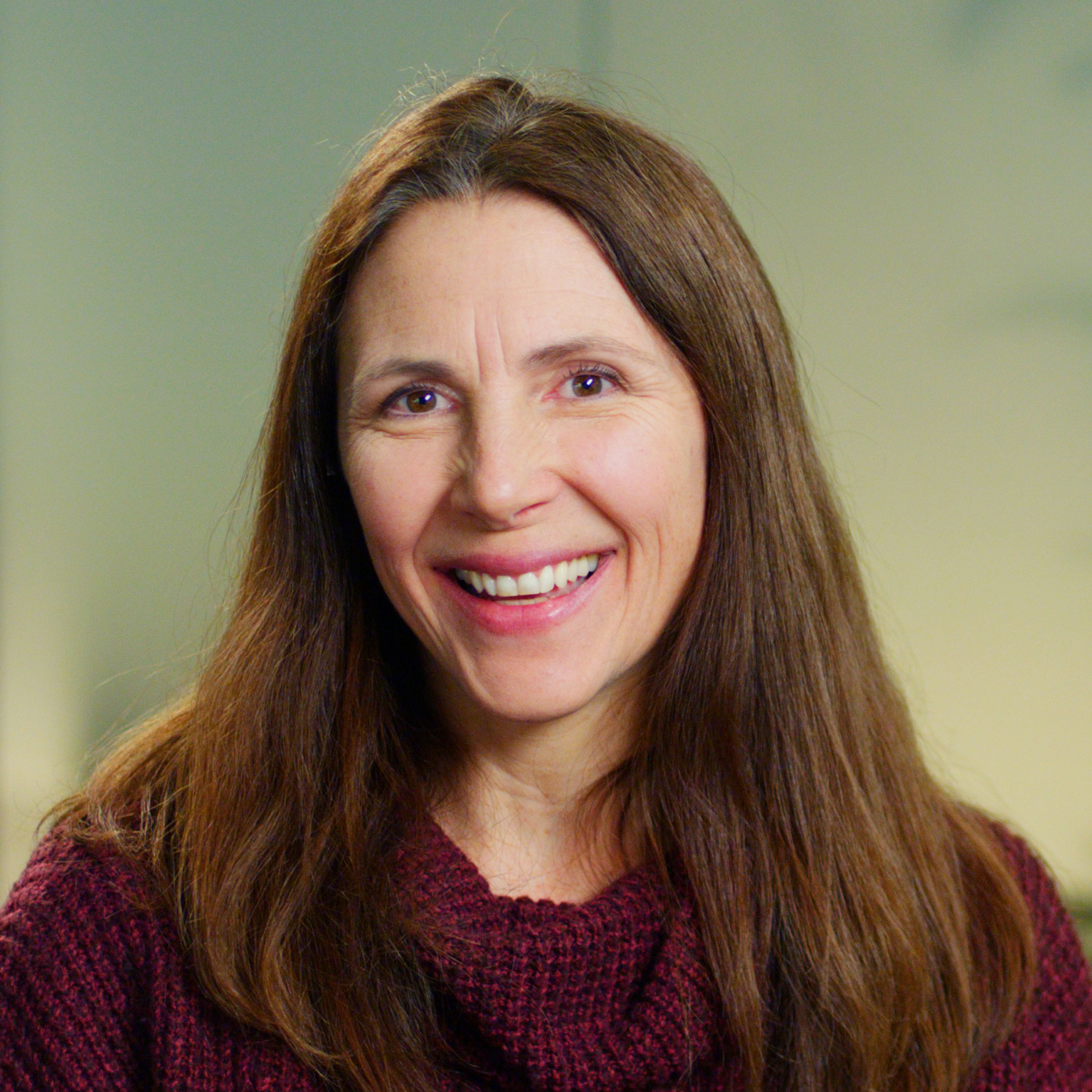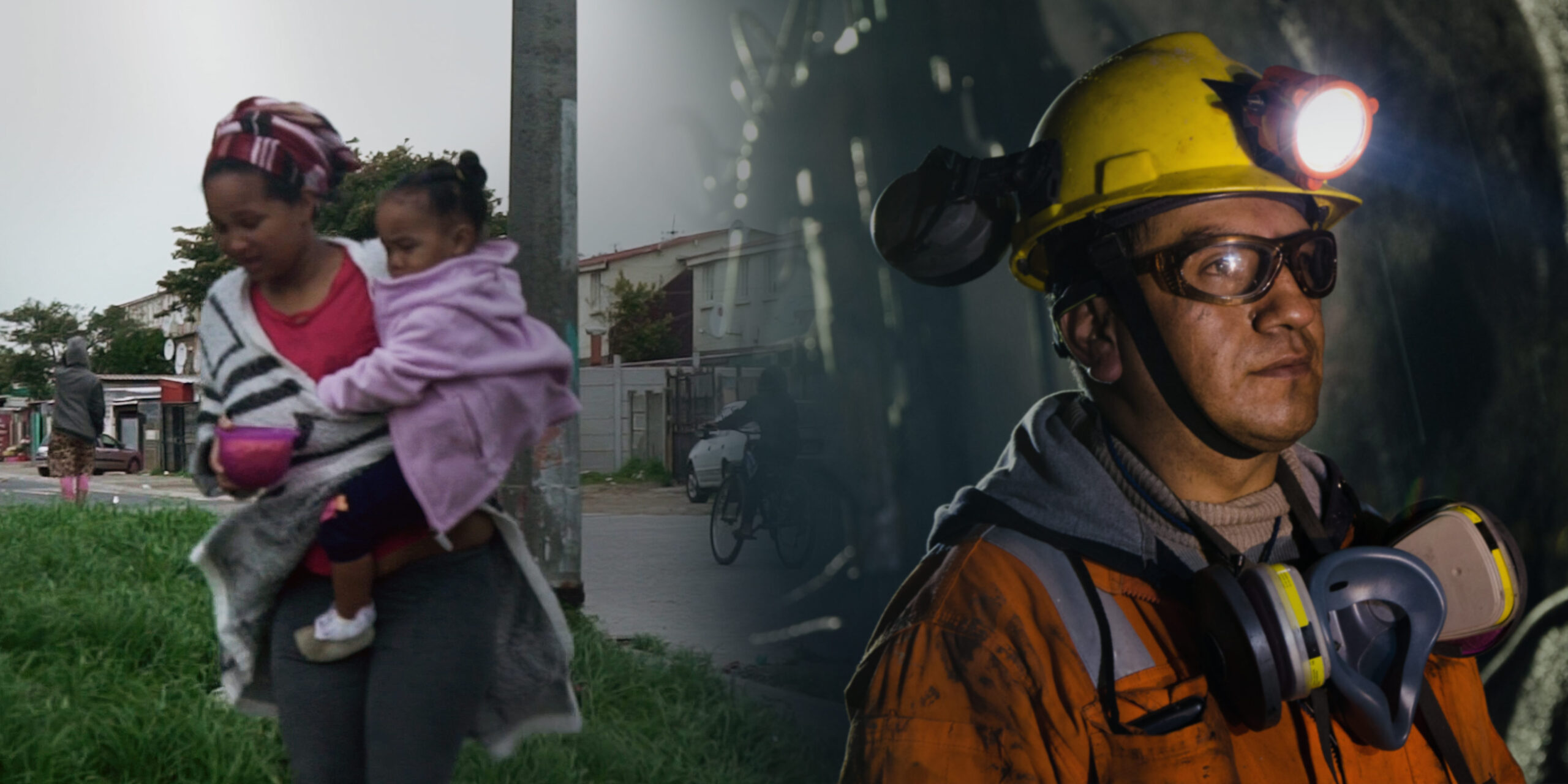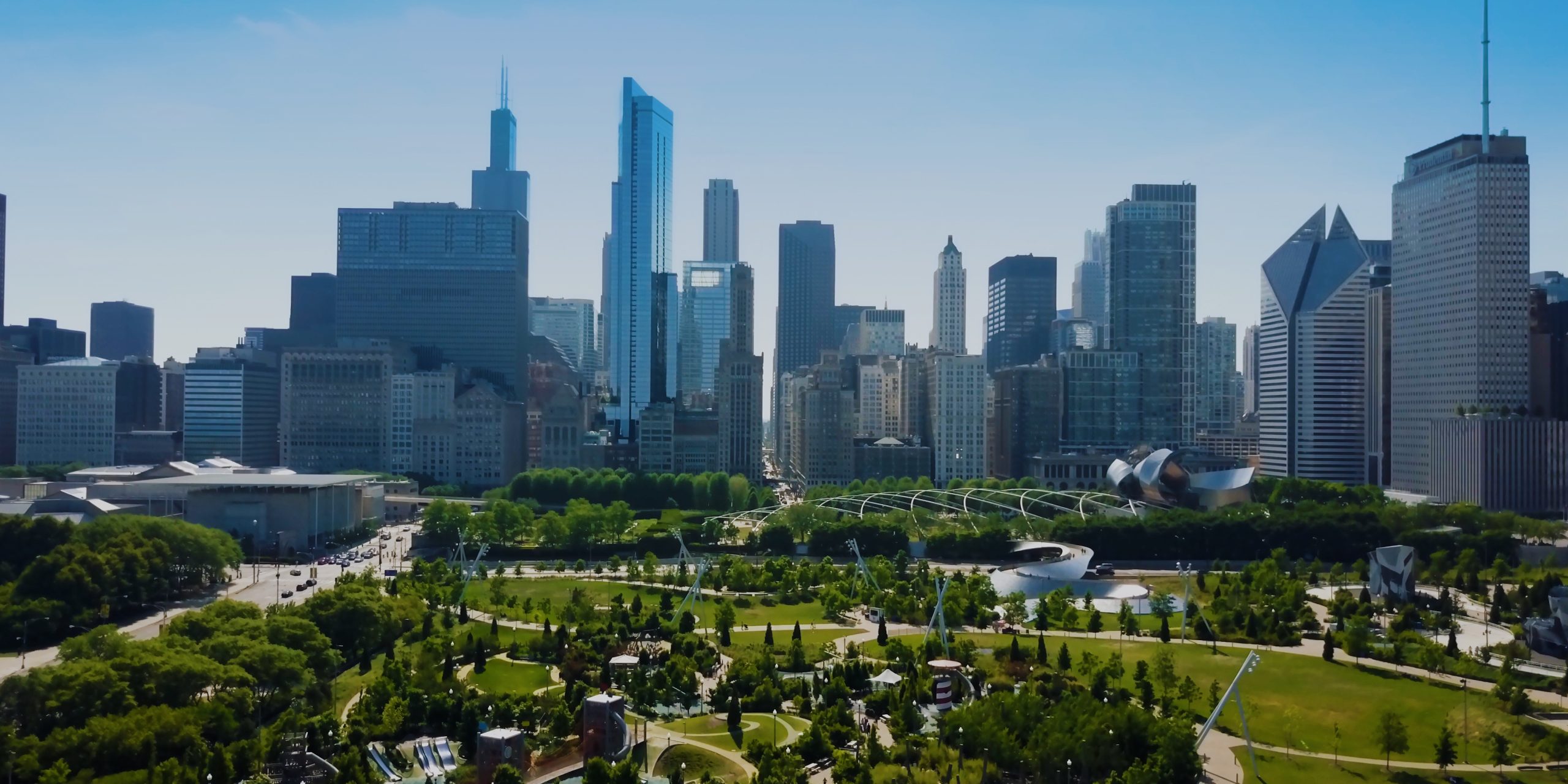
Dr. Suzanne Tegen
Assistant Director
Center for the New Energy Economy, Colorado State University
Dr. Suzanne Tegen is the Assistant Director at the Center for the New Energy Economy where she works for Colorado’s 41st governor, Bill Ritter, Jr., and helps host the Clean Energy Legislative Academy for state legislators.
Prior to joining the Center, Tegen managed the Technology, Engineering and Deployment Group for wind and water power at the National Renewable Energy Laboratory, where she spent 14 years. She has authored technical reports on the economic impacts of renewable energy projects and researches domestic clean energy workforce and the equitable transition from fossil energy to clean power. She has provided testimony for the State of Colorado and Colorado Energy Office, has participated in National Academy of Sciences research, and served as a reviewer for the Intergovernmental Panel on Climate Change. She was awarded the Clean Energy Ministerial’s Clean Energy Education & Empowerment Mid-career Award. Her interests include local, domestic and global energy policy, climate change, environmental justice, and communicating science to decision-makers.
Suzanne earned her Ph.D. in Energy Policy and an M.S. in Environmental Science at the University of Colorado – Boulder. She holds a B.A in German Literature from the University of Wisconsin-Madison.
Episodes with Dr. Suzanne Tegen
 EPISODE 6
EPISODE 6
A Just Transition
Achieving a just transition ensures that all communities are ushered through the energy transition on equitable footing. This episode takes us through the challenging journey of attaining a just transition.Watch the Episode
 EPISODE 9
EPISODE 9
Think Global, Act Local
In the race to net zero, every country and every locality is going to require a different set of solutions based on available resources, financing, economy, and political will. Finding the alignment of these factors will be key to ensuring each community reaches net zero in the quickest and least disruptive way possible.Watch the Episode

